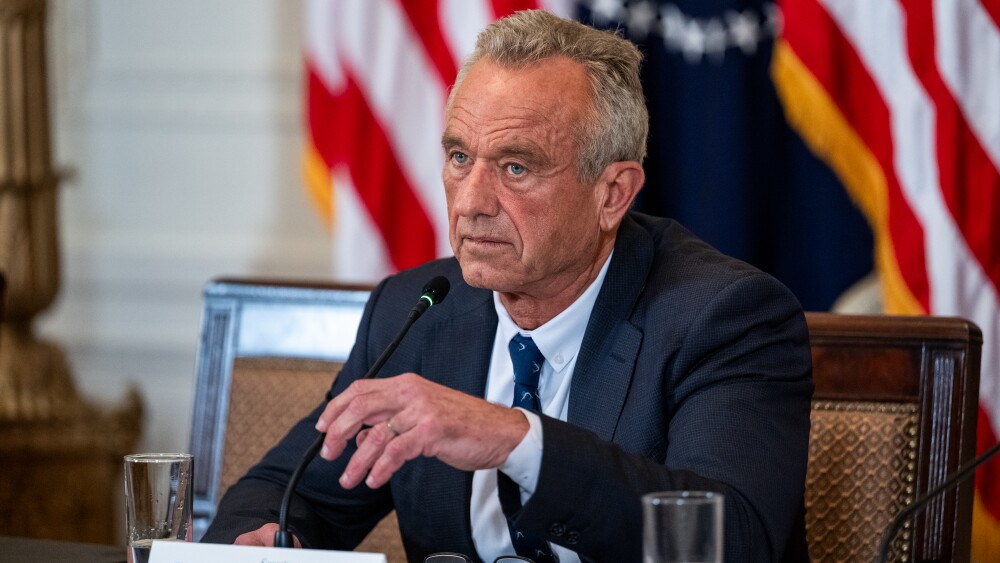September 6, 2016
By Mark Terry, BioSpace.com Breaking News Staff
Now that the Pfizer acquisition of Medivation is basically a done deal, more details are coming out about how the deal went down and Medivation chief executive officer David Hung’s share of the winnings.
On August 22, Pfizer announced it was buying San Francisco’s Medivation for about $14 billion. This came as a bit of a surprise. In late March and early April, Paris-based Sanofi had started a hostile takeover bid for the company. It was announced that Pfizer had inked a confidentiality agreement with Medivation, so it was known that Pfizer was interested, but it wasn’t obvious just how interested they were.
Recent U.S. Securities and Exchange Commission (SEC) filings by Medivation reveal more details. For example, David Hung’s golden parachute is $35 million, which is part of a $354 million stock and options package.
What is perhaps more interesting is how Hung and Medivation pulled the levers in the background to drive up the price of the acquisition. Medivation and Hung were never happy with Sanofi’s original offer. But shortly after the news broke that Sanofi was on the hunt, Pfizer executives expressed interest. So Medivation, apparently to help drive up the price, invited them to participate.
Medivation also pulled together a group of long-range financial projections for three different possible pathways around its prostate cancer drug Xtandi, as well as two other drugs it has in its pipeline. Medivation was expecting this year’s revenue to hit $922 million, but under all three projections, by 2027 annual revenue would peak between $5.7 billion and $8.5 million.
Also, as Endpoints News writes, “And meanwhile, he (Hung) and the Medivation team conducted a public campaign to persuade the industry that talazoparib was a certain blockbuster-to-be, capable of generating more revenue than Xtandi itself. It was all wildly over the top, but Hung was pulling out all the stops.”
Finally, as the auction deadline was approaching on August 20, Pfizer offered $81.50, compared to two other bids of $80.25 and $80.
The acquisition of Medivation should strengthen Pfizer’s success with Ibrance (palbociclib) in HR+/HER2-metastatic breast cancer and the company’s generally strong immune-oncology portfolio. In an August statement, Albert Bourla, group president, Pfizer Innovative Health, said, “Ibrance and Xtandi are anchor brands in breast and prostate cancer respectively, giving Pfizer leadership in two hormone-driven cancers. Similar to Ibrance in the breast cancer setting, Xtandi is being explored for its potential to move from metastatic prostate cancer to treat earlier stage of non-metastatic prostate cancer. In addition, Medivation’s portfolio within prostate cancer and across diverse tumors will complement Pfizer’s broad IO portfolio.”
A number of analysts have criticized Pfizer for overpaying. Endpoints News, for example, says, “For Pfizer, there are still years of explaining ahead as it attempts to justify paying a price many analysts thought was way too high.”
However, in an interview Mad Money’s Jim Cramer gave to TheStreet, he said, “They came in well above what Sanofi was willing to pay. That just shows you that Pfizer wants some growth into a new area, oncology. I think it’s a very strong purchase, because if the drugs they have are as big as people think, Pfizer will look back and say Pfizer’s got its groove back. So this was very smart, even though it looks like a dramatic overpay.”





